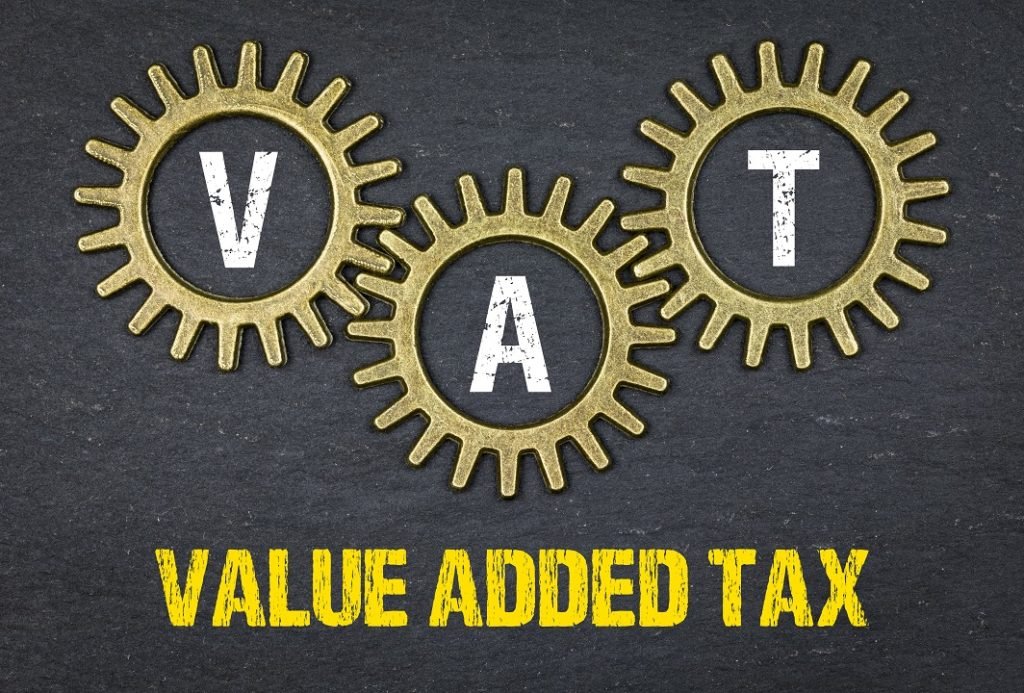
VALUE ADDED TAX (VAT) is a tax levied on the value added to goods and services in the process of production and distribution. In Nigeria, the Value Added Tax Act of 1993 (amended in 1996, 1999 and 2007) established the legal framework for the implementation of VAT. Other legal instruments that gave modifications to the VAT regime in Nigeria include the Finance Act 2020 and VAT Modification Order of 2020 The Act defines the goods and services that are subject to VAT and those that are exempt.
In Nigeria, VAT is currently charged at 7.5%, however, there are several goods and services that are exempt from VAT. These goods and services are considered essential and are exempt to reduce the burden of tax on the general public. Some of the VAT-exempted products in Nigeria are:
1. BASIC FOOD ITEMS: Basic food items such as bread, sugar, salt, and cooking oil are exempt from VAT. This is because the government recognizes the importance of these items in the daily lives of Nigerians and wants to ensure that they are affordable to everyone.
2. MEDICAL AND PHARMACEUTICAL PRODUCTS: Medical and pharmaceutical products, including drugs, are exempt from VAT. This is because the government recognizes the importance of health care and wants to ensure that life-saving drugs are affordable to all Nigerians.
3. AGRICULTURAL PRODUCTS: Agricultural products, fertilizers, locally produced agricultural chemicals, veterinary medicine, and agricultural types of machinery are exempt from VAT. This is because the government wants to support the agricultural sector and reduce the cost of food production.
4. BOOKS AND EDUCATIONAL MATERIALS: Books, educational materials, and equipment used for educational purposes are exempt from VAT. This is to encourage literacy and education in Nigeria.
5. RELIGIOUS AND CHARITABLE ORGANIZATIONS: Religious organizations, charitable organizations, and non-profit organizations are exempt from VAT. This is to support the activities of these organizations, which provide essential services to the public.
6. BABY PRODUCTS: Baby products such as diapers, baby food, and other essential items for infants and children are exempt from VAT. This is to reduce the burden of tax on parents and ensure that essential items for children are affordable.
8. MACHINERY AND EQUIPMENT: Machinery and equipment purchased for utilization of gas in downstream petroleum operations, commercial aircraft, commercial aircraft engines, and commercial aircraft spare parts are exempt from VAT. This is to support the growth of the petroleum and aviation industries in Nigeria and to encourage investment in these sectors.
9. PETROLEUM PRODUCTS: Petroleum products are exempt from VAT. This is to ensure that the cost of fuel remains affordable for the general public and to support the growth of the petroleum industry in Nigeria.
10. SANITARY PRODUCTS: Locally manufactured sanitary towels, pads, and tampons are exempt from VAT. This is to ensure that these essential products are affordable to everyone and to support the growth of the local manufacturing industry.
11. RENEWABLE ENERGY EQUIPMENT: Renewable energy equipment is exempt from VAT. This is to encourage the development of alternative energy sources in Nigeria and to support the growth of the renewable energy sector.
12. RAW MATERIALS FOR ESSENTIAL PRODUCTS: Raw materials for producing baby diapers, sanitary towels, and pharmaceutical products are exempt from VAT. This is to support the growth of these essential industries and to reduce the cost of production.
13. MILITARY HARDWARE AND EQUIPMENT: Military hardware, arms, ammunition and locally manufactured uniforms used by the armed forces, paramilitary, and other security agencies are exempt from VAT. This is to support security agencies’ activities and ensure that they can carry out their duties effectively.
14. ENERGY SUPPLIES: Gas supplied by gas-producing companies to Electricity Generating Companies (GENCOs), electricity generated by GENCOs and supplied to the National Grid or Nigeria Bulk Electricity Company, and electricity transmitted by Transmission Company of Nigeria to Electricity Distribution Companies are exempt from VAT. This is to ensure that energy supplies are accessible and affordable to everyone.
In conclusion, the VAT-exempted products in Nigeria are aimed at reducing the burden of tax on the general public and supporting essential services. The government recognizes the importance of these products and services in the daily lives of Nigerians and wants to ensure that they are accessible and affordable to all.
Regville Associates offers end-to-end legal, tax and secretarial service for companies. We assist Companies in becoming and staying regulatory compliant.
Feel free to contact us.
Tolulope Oguntade Regville Associates info@regville.com 08065111667